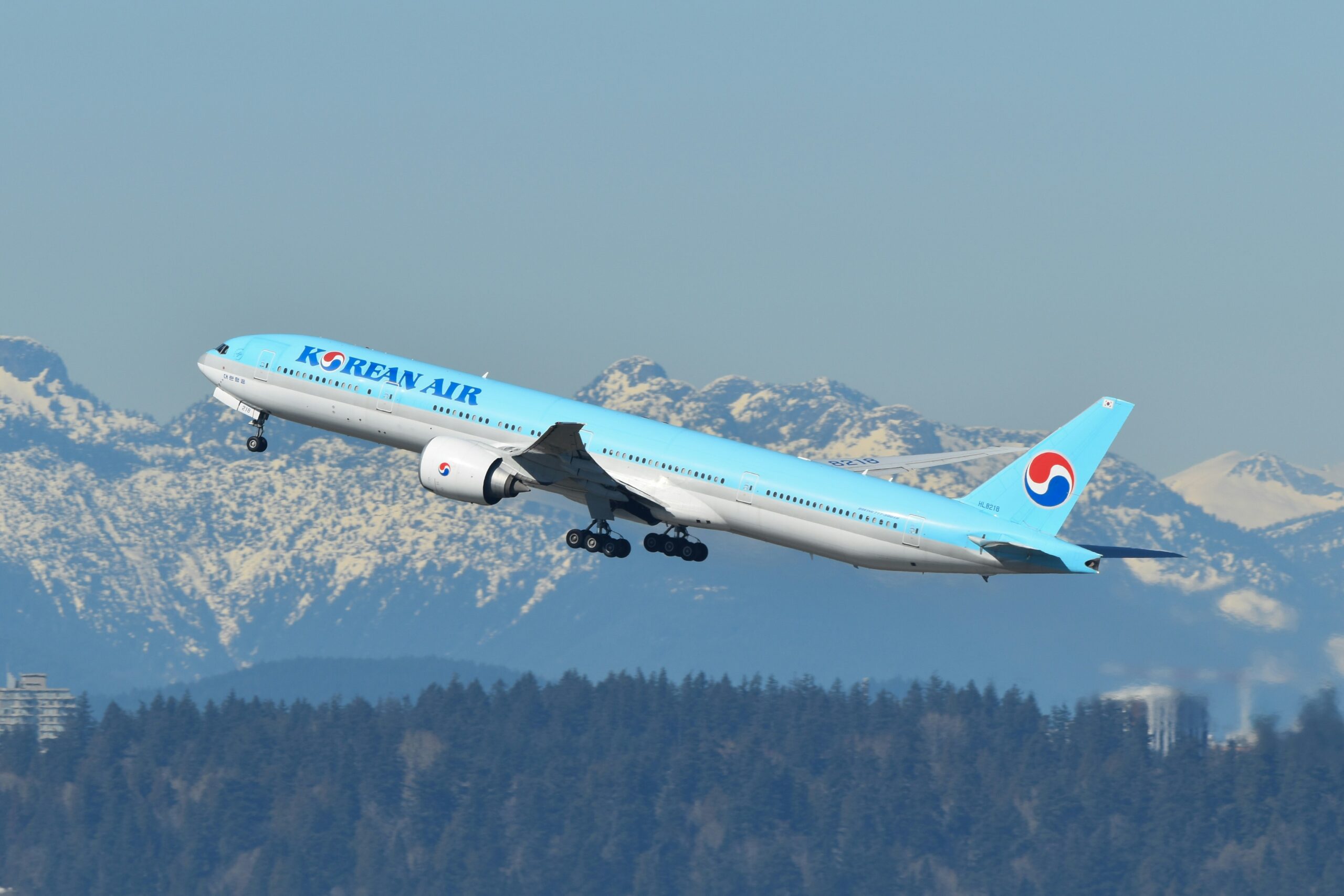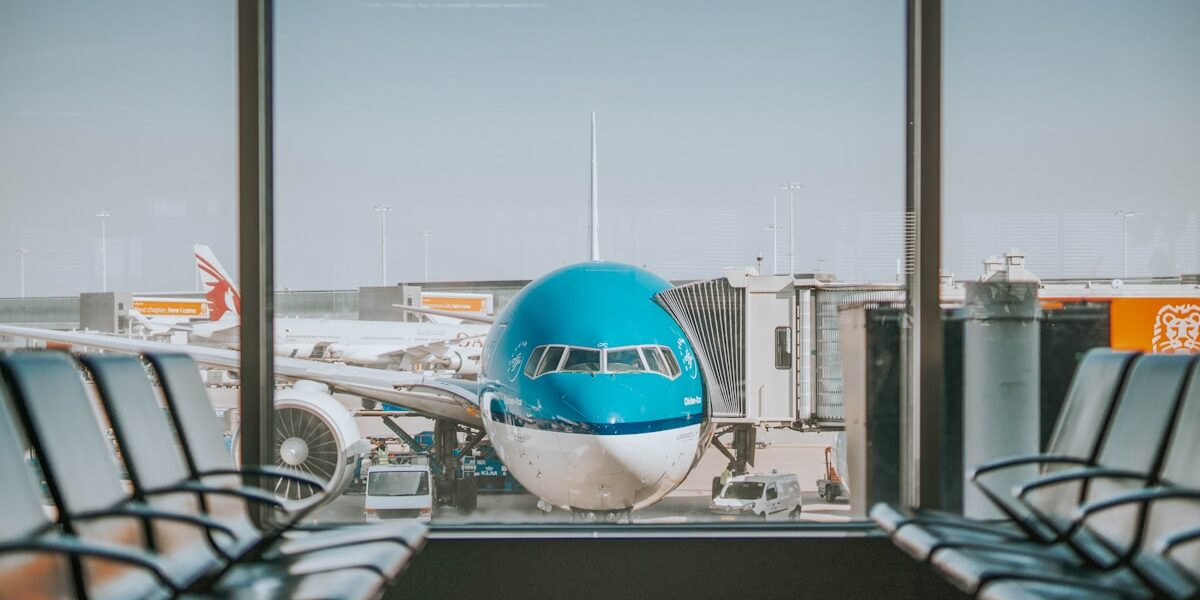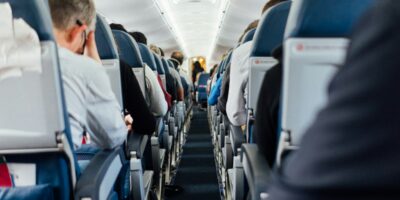FAA Background Check
The Federal Aviation Administration (FAA) ensures the safety and security of the flying public. One way it does this is through a rigorous background check process for aviation personnel. Understanding this process helps prospective aviation workers prepare and meet the necessary requirements.

Purpose of FAA Background Checks
The primary purpose of an FAA background check is to ensure that individuals working in aviation do not pose a threat to public safety. This includes pilots, air traffic controllers, and other key personnel. By conducting thorough checks, the FAA can detect security threats and maintain trust in airline operations.
Who Needs an FAA Background Check?
Several categories of aviation personnel are subject to FAA background checks. These include:
- Pilots
- Air traffic controllers
- Flight instructors
- Airline mechanics
- Flight attendants
- Airport security personnel
This wide range of positions highlights the importance of stringent background checks in the aviation industry.
Components of an FAA Background Check
FAA background checks are comprehensive. They examine various aspects of an individual’s history, including:
- Criminal record
- Employment history
- Education verification
- Drug and alcohol screening
- Security threat assessment
Each component provides a piece of the puzzle, giving a thorough overview of the candidate’s background.
Criminal Record
A criminal background check is a key part of the FAA’s vetting process. The FAA looks for felony convictions, especially those related to violence, dishonesty, or drug offenses. Misdemeanors may also be considered, particularly if they indicate a pattern of behavior that could impact safety.
Employment History
Verification of previous employment helps the FAA assess a candidate’s work history and professional behavior. This includes checking for gaps in employment and verifying positions held. Past performance and reasons for leaving previous jobs are also reviewed.
Education Verification
Applicants’ educational credentials are verified to ensure they meet the necessary qualifications for their role. This may include degrees, certifications, and specialized training relevant to aviation.
Drug and Alcohol Screening
The FAA has stringent policies regarding substance use. Mandatory drug and alcohol screenings are conducted to ensure that personnel are not engaged in substance abuse. Random testing may continue throughout an individual’s career as part of ongoing surveillance.
Security Threat Assessment
The security threat assessment is critical. It involves checking an individual’s name against various databases to identify potential security risks. This can include links to terrorism, espionage, and other national security threats.
Process of an FAA Background Check
The process begins when an applicant submits their information to the FAA or their employer. This data is then reviewed by the FAA and other relevant bodies. The timeline can vary, but it generally involves several steps:
- Initial application submission
- Preliminary review
- Detailed investigation
- Final evaluation
- Notification of results
Each step is crucial in ensuring the thoroughness and accuracy of the background check.
Challenges and Common Issues
Some candidates face challenges during the background check process. Common issues include:
- Incomplete or inaccurate information submission
- Previous criminal convictions
- Employment history discrepancies
- Failed drug tests
- Security red flags
Addressing these issues may require additional documentation or clarification from the candidate. Honest and accurate information submission can help prevent problems.
Impact on Career
The outcome of an FAA background check significantly impacts a candidate’s career. A successful check means moving forward in the aviation industry. A failed check could limit job opportunities or result in the loss of current employment.
Ongoing Monitoring
FAA background checks do not stop after initial employment. Continuous monitoring ensures ongoing compliance with safety standards. Regular drug tests and periodic reviews of personnel files help maintain high standards.
Legal and Ethical Considerations
The FAA must follow legal guidelines when conducting background checks. This includes respecting privacy and ensuring non-discriminatory practices. Transparency and fairness are key principles in the process.
Overall, FAA background checks are an essential element in maintaining the safety and security of aviation operations. They ensure that individuals in key positions are trustworthy, capable, and adhere to high standards of conduct.
Recommended Aviation Gear
David Clark H10-13.4 Aviation Headset – $376.95
The industry standard for aviation headsets.
Pilots Handbook of Aeronautical Knowledge – $25.42
Essential FAA handbook for every pilot.
As an Amazon Associate, we earn from qualifying purchases.



